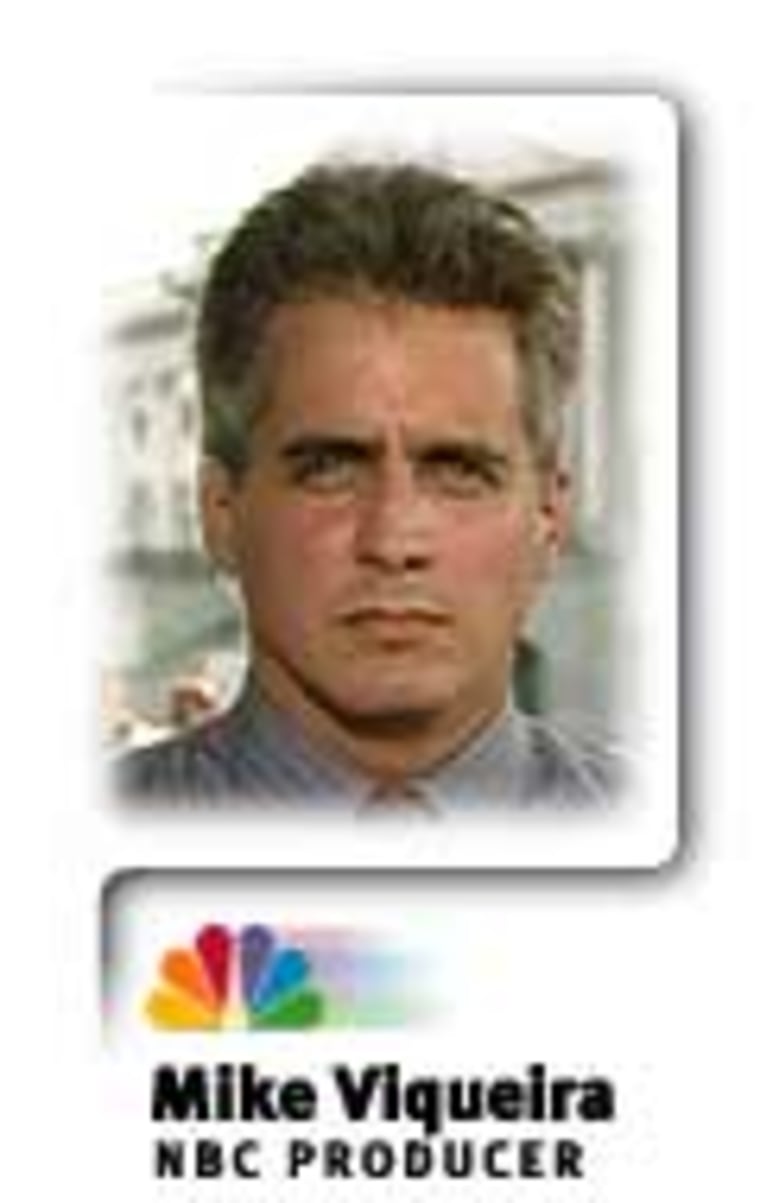Are you with me Dr. Wu? Are you really just a shadow of the man that I once knew?— “Dr. Wu,” by Steely DanWASHINGTON, Nov. 24 — It’s 4 a.m. on a Saturday morning and I’m still out in downtown Washington. My wife and kids have left town early for the Thanksgiving holiday — I plan to join them in a few days — and now I find myself with a bunch of buddies as the place where we occupy a stool is getting ready to close. We’re witnessing the usual desperate, last-minute ritual of courtship, although this one seems particularly humiliating for all involved. All around us is a maelstrom of unseemly behavior. It’s been a while since I’ve seen this kind of action. A Steely Dan tune — “Dr. Wu” — keeps playing in my head. My heart is actually pounding.

NO, I’M NOT reliving my single years on the M Street pub crawl. I’m in the press balcony of the United States House of Representatives, watching what an hour ago I regarded as an invincible House GOP leadership now frantically trying to avoid a devastating defeat on the Medicare bill at the hands of the hated Democrats. Down below on the floor, they appear to be negotiating terms of surrender, having hit a brick wall of conservatives in their own party who are openly defying their pleas to switch from a “nay” to a “yea.” They’re two votes shy and holding. A GOP emissary is dispatched to speak with the parliamentarian about what maneuvers might be available to avert this imminent disaster.
It’s the congressional version of thinking about the unthinkable. Speaker Dennis Hastert, R-Ill., is barreling through the rows of seats on the Republican side of the chamber like a charging rhino. He, Majority Leader Tom DeLay, R-Texas, and Majority Whip Roy Blunt, R-Mo., have already emptied out their back pockets’ worth of members who said that they would hold their noses and vote for the measure, but only if their vote was vital. Bill Jenkins, R-Tenn., was approached, and he promptly complied. Dana Rorabacher, R-Calif., took a little bit more cajoling. At one point, he was surrounded by a dozen Republicans who took turns twisting his arm. He held out for a while, but he, too, eventually slipped his voting card into the reader and voted “yea.”
Ernest Istook, R-Okla., had already voted against the thing, but now he was prevailed upon as a member with a coveted position of seniority on the appropriations committee to switch his vote. He went along with his leaders, but he didn’t look happy about it.
Hastert was red-faced from his exertions. His hair was disheveled and he looked out of sorts as he plopped down in a seat next to Nick Smith, a retiring member from Michigan, and laid a beefy arm over his shoulder. Smith told Hastert no. There would be no more switches forthcoming. The well had run dry and it looked like the end, at least for now, of the GOP’s treasured Medicare bill.
Meanwhile, over on the Democratic side of the aisle, a peculiar scene was playing out. David Wu, a third-termer from the Portland, Ore., area, stood in the well surrounded by what appeared to be a support group of fellow Democrats. Some stroked his arm. Others patted his back. Wu didn’t respond to any of them, but just stood rigid and expressionless — for hours.
On an upper wall of the chamber, behind all the gathered reporters, the names of all members appear in lights during votes with a green or red hash mark just alongside denoting a yea or nay. There was only one member in the entire chamber yet to cast his vote. We scanned all the way to the “W’s,” where we found, sure enough, the lone fence-sitter was Wu.
Are you crazy; are you high, or just an ordinary guy? —“Dr. Wu,” by Steely Dan
“Totally bizarre.” “Completely unexpected.” “What was he thinking?” Two days later, and no one in House Democratic circles can figure it out. No one saw Wu’s recalcitrance coming.

At one point about an hour into the vote, there were still a handful of Democratic members not voting, including Wu. But unlike the Oregonian, these were members from rural, swing districts whose constituents stood to benefit from increased Medicare provider payments to their regions. Everyone in the chamber knew that they would be voting in favor of the bill if it wasn’t apparent that the GOP leadership was in serious trouble after their conservatives abandoned them early on. Now the rural Dems were stuck with a very tough choice: either vote with the Republicans and be the one to put them over the top, or, just this once, take one for the team and vote against it, thereby driving a dagger through the hearts of Republicans and giving a much needed morale boost to the long-suffering House Democratic Caucus.
Three of these Democrats approached Wu with an idea. “Let’s all do this together,” they pleaded. The idea was that they would all vote against the bill and put opponents over the top. Wu demurred.
But the Democrats from the marginal districts plunged ahead without him. Dennis Moore, D-Kan., Chet Edwards, D-Texas, and Cal Dooley, D-Calif., voted “nay” (Dooley later changed his vote). A gasp went up in the chamber.
After the three had cast their votes, opponents of the bill, led by an unusual coalition of Democrats and conservative Republicans, now held 218 votes, a majority of the House. Democrats began to cheer, only to be quickly stifled by others in their number who were afraid that any displays of jubilance would goad Republicans into changing their votes.
Now Wu held the potential with his vote to put it out of reach for Republicans, but still he sat silent with his death-mask stoicism. Two fellow members of the Asian-Pacific American caucus, Bob Matsui, D-Calif., and Mike Honda, D-Calif., stood next to him pleading like Dutch uncles, but Wu would not flinch. He hadn’t said a word during the entire ordeal.
Back on the GOP side of the aisle there was a Fall-of-Rome feel to the proceedings. The House’s reigning Caesars were running around in circles, going back once, twice, and three times to conservatives who were clearly hard “no’s” and had been that way for days. Tom Feeney, R-Fla.? No thanks. Steve Chabot, R-Ohio? Didn’t like the means-testing provision. Todd Akin, R-Mo.? The whip, fellow Missourian Roy Blunt, had him out in the Speaker’s Lobby all alone and was getting nowhere.
Hastert went to the wall along the back of the chamber where the rebellious conservatives had gathered and approached Trent Franks, R-Ariz., a freshman member. “You represent a lot of seniors,” Hastert told him, referring to Franks’ home district in Arizona.
This time it was Hastert who had an arm put around his shoulder. “I can’t do it, Denny. It’s not about the politics. It’s about the policy,” Franks told the speaker, according to a congressional aide standing nearby.
Don’t seem right. I’ve been strung out here all night. I’ve been waiting for the taste you said you’d bring to me. — “Dr. Wu,” by Steely Dan
We were now more than two hours into the vote, and still Wu sat stonefaced, surrounded by beseeching Democrats. The dawn approached.
Some of the cadre of conservatives that had been in the back of the chamber had now disappeared. In their desperation, Republicans had put in a call to President Bush, and now the leaders had rounded up the conservatives in a room in the corner of the building and were putting them on the phone with the man himself, who was fresh off his state visit to the U.K. and had only arrived from his trans-Atlantic flight early the last evening.
At length, the door of the room came open and the speaker marched out, flanked by lieutenants. Hastert looked exhausted, but he managed a sly, satisfied smile as he walked past a few reporters. One of his aides motioned to another at the chamber door: thumbs up. The aide then pantomimed the bringing down of the gavel. The Republicans had finally won, thanks to the intercession of the president.
Bush had talked two members into switching. They were Butch Otter, R-Idaho, and Franks. It would be enough to put them over the top. “I did what I believe was best for the country. That’s all I have to say,” a somber Franks told us after the vote.
Katy tried. I was halfway crucified. I was on the other side of no tomorrow. — “Dr. Wu,” by Steely Dan
After it was all over and the chamber had all but emptied, David Wu sat alone. He had ended up voting for the bill.
It’s impossible to say, of course, that a Wu vote against the bill would have meant certain death for the measure. When you have the leader of the free world — not to mention a conservative icon and the leader of the party — on the phone, it takes a lot of gumption to turn him down. One of the rules of thumb around here is that the majority never loses by one vote. They always have an arrow in their quiver to bring people into line. But his night was different. It just wasn’t there for them until Bush interceded.
But after two hours and 55 minutes, it was finally over. White House aides who had been working the bill for weeks embraced in the hall. Out on the balcony just off the chamber, members were asleep, fully dressed and prone on the marble, in the open air. They were awakened and sent on their weary way back home for the holidays.
Producer Mike Viqueira covers Capitol Hill for NBC News.